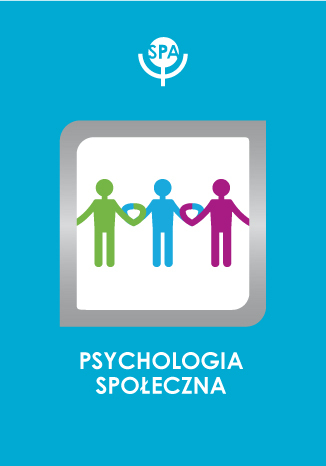Array
(
[id] => 555
[date] => 2019-04-13
[doi] => 10.14691/CPPJ.25.1.69
[title] => Kto jest szczęśliwszy? Optymizm, wartości i satysfakcja z życia studentów polskich i ukraińskich
[title_en] => WHO IS HAPPIER? OPTIMISM, VALUES AND LIFE SATISFACTION IN POLISH AND UKRAINIAN STUDENTS
[authors] => Zoriana Sprynska, Anna Tychmanowicz, Sara Filipiak
[abstract] => The purpose of the article is the analysis of dispositional optimism, personal values, and life satisfaction among polish and ukrainian students. Apart from geographical closeness and historical relations between Poland and Ukraine, the differences between polish and ukrainian students were expected. The presented research is a pilot study and are summary of preliminary analysis of a wider scientific project. One hundred students, women and men, studying at universities in Poland and in Ukraine were examined. The following measures were used: 40- item Portrait Values Questionnaire in polish adaptation of J. Cieciuch & Z. Zaleski (2011) and Satisfaction With Life Scale (SWLS) and Life Orientation Test-Revised (LOT-R), both in polish adaptation of Z. Juczyński (2009). The results indicated, that ukrainian students are more optimistic than polish students, however they didn’t differ in life satisfaction. Both groups differ significantly in some personal values – ukrainian students prefer more than polish students such values as Tradition and Power and polish students prefer more than ukrainian students such values as: Benevolence, Universalism and Self-Direction.
[abstract_en] => The purpose of the article is the analysis of dispositional optimism, personal values, and life satisfaction among polish and ukrainian students. Apart from geographical closeness and historical relations between Poland and Ukraine, the differences between polish and ukrainian students were expected. The presented research is a pilot study and are summary of preliminary analysis of a wider scientific project. One hundred students, women and men, studying at universities in Poland and in Ukraine were examined. The following measures were used: 40- item Portrait Values Questionnaire in polish adaptation of J. Cieciuch & Z. Zaleski (2011) and Satisfaction With Life Scale (SWLS) and Life Orientation Test-Revised (LOT-R), both in polish adaptation of Z. Juczyński (2009). The results indicated, that ukrainian students are more optimistic than polish students, however they didn’t differ in life satisfaction. Both groups differ significantly in some personal values – ukrainian students prefer more than polish students such values as Tradition and Power and polish students prefer more than ukrainian students such values as: Benevolence, Universalism and Self-Direction.
[keywords] => dispositional optimism, personal values, life satisfaction, polish and ukrainian students
[keywords_en] => dispositional optimism, personal values, life satisfaction, polish and ukrainian students
[file_path] => /files/articles/2019-25-kto-jest-szczliwszy-optymizm_-wartoci-i-satysfakcja-z-ycia-studentw-polskich-i-ukraiskich.pdf
[okladka] => psychologia_spoleczna.jpg
[rocznik] => Rocznik: 2019 Tom: 25 Numer: 1
[strony] => 69-77
)










 Pobierz pełny tekst
Pobierz pełny tekst



